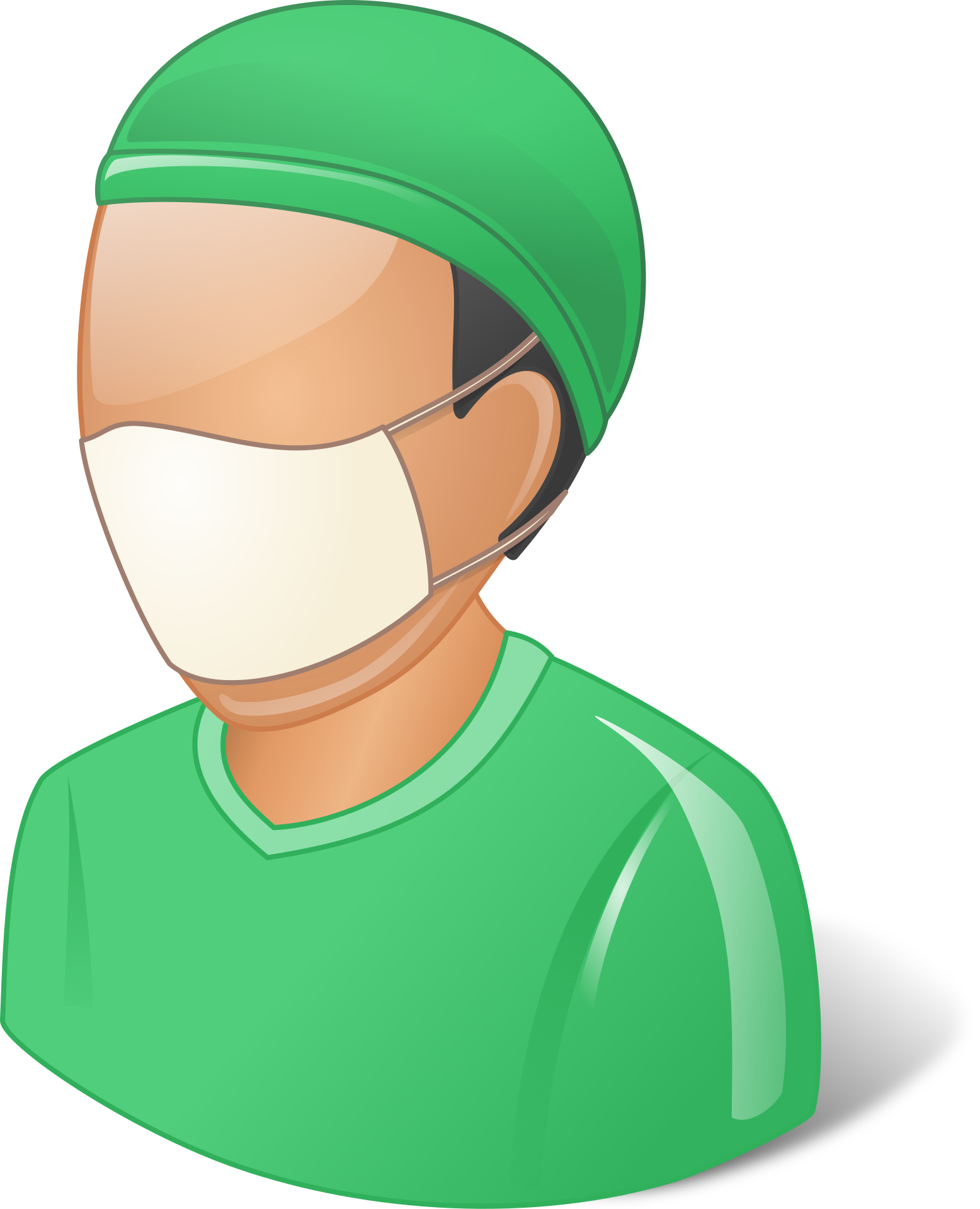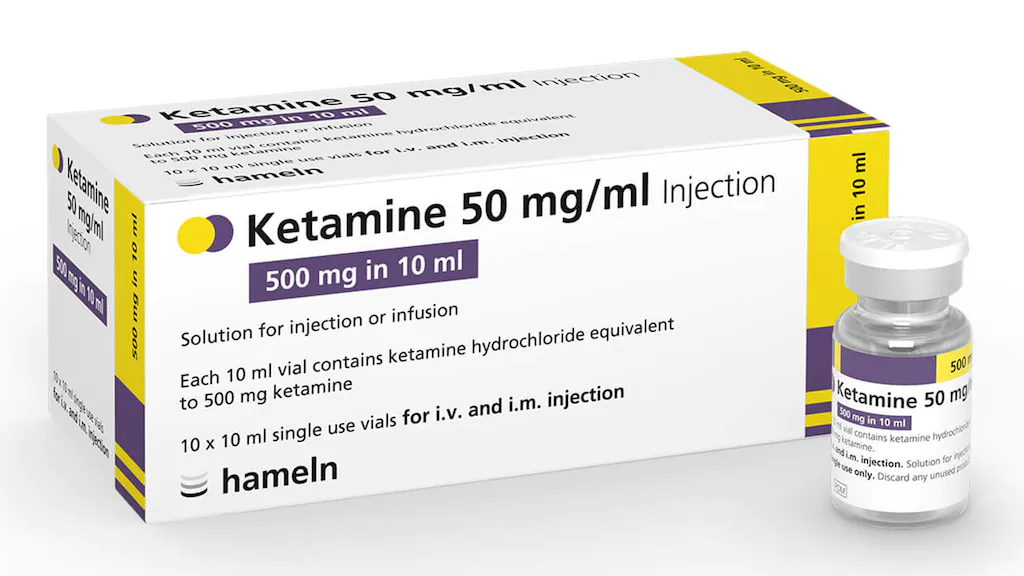Ketamine treatment has received a lot of attention in recent months. In research studies, ketamine has been shown to be helpful in the treatment of refractory depression, bipolar depression, and obsessive-compulsive disorder, in addition to a variety of refractory pain disorders. More studies are underway looking at additional psychiatric and psychological indications for ketamine treatment. Meanwhile, ketamine has been hailed in the popular media as a miracle drug and part of the nascent psychedelics revolution in mental health care. However, little attention has been paid to the adverse outcomes associated with legal – though off-label – ketamine treatment for mood disorders in a clinical context, though copious research exists around the physical and psychological risks of illicit ketamine use.
Since October 2020, we became aware of multiple serious adverse events (SAEs), including death, that occurred during or following legal ketamine treatment in a clinical context:
- Patient A received ketamine lozenges in the mail from a company that is selling "psychedelic experiences" online. The patient took the ketamine lozenges while alone, and then completed suicide by asphyxiation while under the influence of ketamine (and possibly other intoxicants).
- Patient B was receiving psychiatric and psychological services in an out-patient psychiatry clinic connected with a medical school at a public university. The patient completed suicide over the weekend (in between ketamine infusion sessions) during their induction series.
- Patient C was being treated for PTSD, anxiety, and depression by a psychiatrist in the clinician's private practice. The psychiatrist administered injectable ketamine to the patient. Later that same day, the patient attempted suicide at home, which resulted in a psychiatric hospitalization.
- Patient D completed suicide after receiving multiple ketamine infusions from an emergency department physician at a ketamine clinic. The patient was also receiving concurrent psychotherapy from a licensed therapist.
- Patient E arranged for a physician-assisted suicide in Europe and died by suicide there. The patient had previously received multiple ketamine infusions and psychological care from a psychiatrist at a ketamine clinic.
- Patient F died as result of injuries sustained in a fire. The victim was under the influence of multiple intoxicants, and in possession of a very large quantity of ketamine lozenges that had been prescribed for them, illicit ketamine, alcohol, and other drugs.
In addition, multiple SAEs occurred recently in the context of ketamine infusions for pain management, where the ketamine was administered by an anesthesiologist or nurse anesthetist (CRNA):
- Patient G received a 750 mg bolus of intravenous ketamine, had a cardiac event, and required ICU care.
- Patient H was an older adult with a history of hypertension. During a ketamine infusion, the patient's blood pressure increased to 180 systolic, the provider elected not to treat the elevated blood pressure, and the patient had a stroke.
- Patient I completed suicide at home. The patient was receiving maintenance infusions for pain, anxiety, and depression. (A CRNA was providing this treatment without consultation from a mental health professional).
- Patient J was a young adult who completed suicide in a bizarre way after receiving multiple high-dose ketamine infusions for refractory headache.
Out of these 10 cases with egregious outcomes, it would appear that three of the suicides – Patient B, Patient D, Patient E – can likely be attributed to the patients having severe and protracted psychiatric illnesses; there is no suggestion of provider malfeasance. It is worth noting that all three of these patients had received a combination of conventional oral medication, intensive psychotherapy, and ketamine treatment. Sadly, suicidal ideation is frequently seen in the population of patients who present for ketamine treatment. Therefore, it is essential to have a clinician on the treatment team who has strong skills for assessing and treating patients with refractory depression and active suicidal ideation.
In the remaining cases, the SAEs may be the result of provider error. Common provider errors include: not having a rigorous and comprehensive intake process for prospective ketamine patients; not providing adequate psychological preparation for ketamine treatment; not providing adequate psychological support during ketamine administration; not providing adequate follow-up care to ketamine patients; and medical malpractice. Note these cases and investigation do not consider FDA-approved ketamine products.
It is important for all ketamine clinicians and potential ketamine patients to understand both the possible benefits and risks of ketamine treatment. It is incumbent upon all current and aspiring ketamine clinicians to pursue supplementary training to learn the special skills for using ketamine with a psychiatric population. These specific skills are not currently part of the required curriculum for medical or mental health professionals, which has created a concerning education gap in the field. Ketamine providers need to know that medical and psychological adverse events have occurred in the context of ketamine treatment, which are a serious liability concern for clinicians, and which have resulted in the loss of life and other tragedies.
Raquel Bennett, PsyD, is the founder of the KRIYA Institute and KRIYA Conference. She has studied the therapeutic properties of ketamine for nearly two decades. Dr. Bennett has lectured worldwide and trained thousands of clinicians on how to work with ketamine for psychological and psychiatric indications. She recently published ethical guidelines for the community of ketamine clinicians.
Christian Yavorsky, PhD, is a researcher and clinician who has worked in clinical trials on a range of psychiatric and neurological indications. He is the co-chair of the ISCTM working group on rapid-acting antidepressants and is actively involved in current trials in this space.

